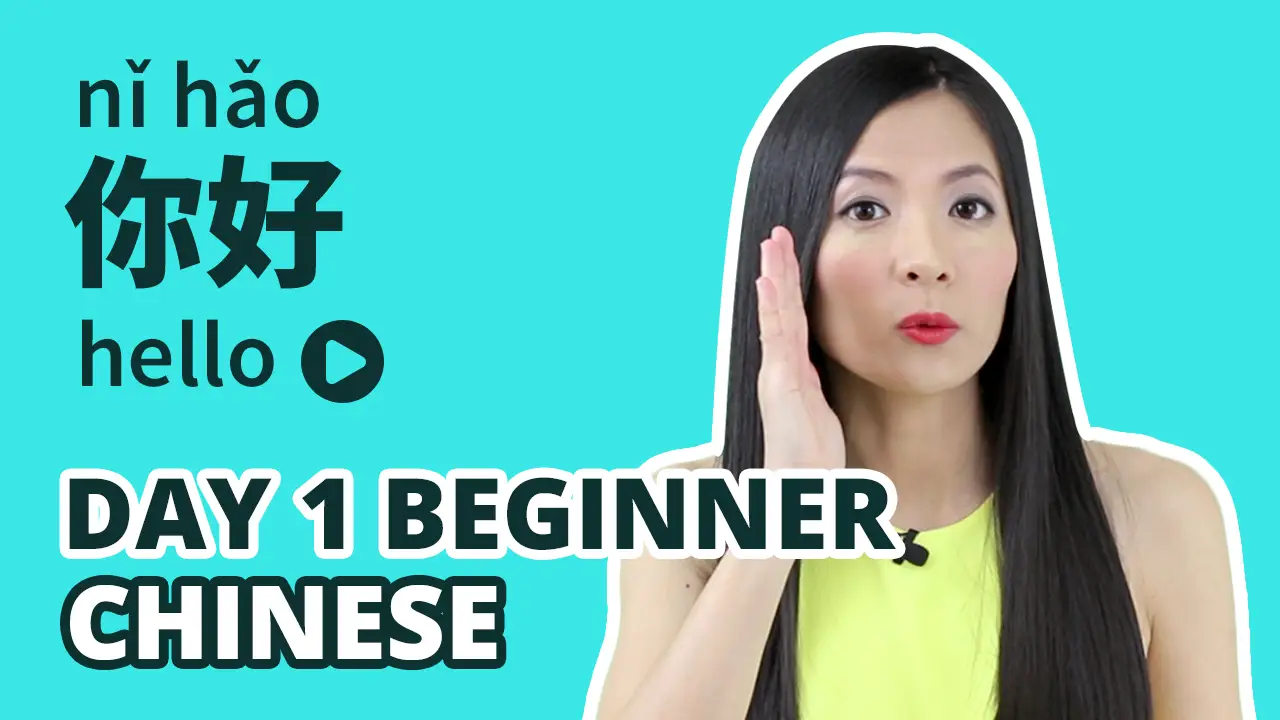Beginner Lesson 9.2 – Chinese Characters: 吗 哥 姐 弟 妹
How To Write The Chinese Characters For Siblings
In this video lesson we'll learn how to write the Chinese Characters for siblings in Chinese: gege, jiejie, didi and meimei. We'll be able to understand the characters' construction and find out their Radicals.
- Chinese Radicals: 弓
- Chinese Characters: 吗 哥 姐 弟 妹
CHINESE RADICALS
CHINESE CHARACTERS
5 Comments
Leave a Reply
You must be logged in to post a comment.

Great course so far. I go a few days and I test myself on the characters that I’ve learned and I’m learning that I remember them even though I haven’t studied them in a few days or a week
Is there a simple explanation of difference between 谁 and 吗?
I know you asked this question awhile ago, but I wanted to answer anyways.
谁 means “who”. For example, “谁是你的爸爸?” means “who is your dad?”
吗 is added to the end of a statement to turn the statement into a yes or no question. It is literally like saying “yes or no?” after a statement. For example, “他是你的爸爸吗” means “he is your dad, yes or no?”
is gōng like a bow to a person or hair bow. xie xie 🙂
I think gōng 弓 is bow as in “bow and arrow”.